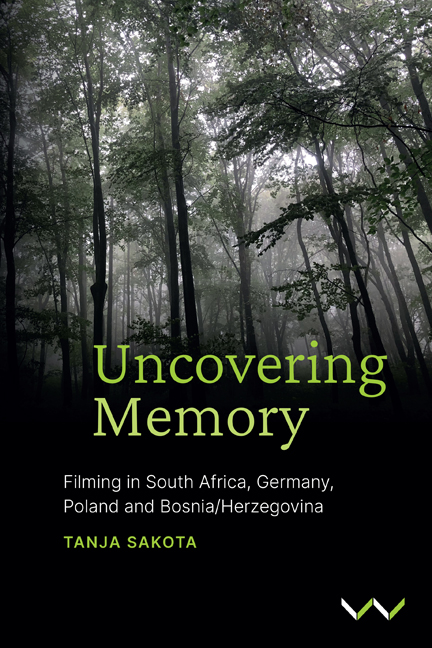Book contents
- Frontmatter
- Dedication
- Contents
- List of Images
- Foreword
- Acknowledgements
- Map of Africa and Europe
- Practice-Based Research, Teaching and Learning
- Part I Working With Students: Cape Town, Johannesburg, Berlin
- Part II Working With Peers: Constitution Hill, Johannesburg
- Part III Working With Myself: Poland, Germany, Bosnia/Herzegovina, South Africa
- Moving Forward
- Film Credits
- Glossary of Terms
- Notes
- Bibliography
- Index
Chapter 21 - Recognising artistic research as good practice
Published online by Cambridge University Press: 24 November 2023
- Frontmatter
- Dedication
- Contents
- List of Images
- Foreword
- Acknowledgements
- Map of Africa and Europe
- Practice-Based Research, Teaching and Learning
- Part I Working With Students: Cape Town, Johannesburg, Berlin
- Part II Working With Peers: Constitution Hill, Johannesburg
- Part III Working With Myself: Poland, Germany, Bosnia/Herzegovina, South Africa
- Moving Forward
- Film Credits
- Glossary of Terms
- Notes
- Bibliography
- Index
Summary
THE INITIAL CONCEPT
When I started this journey I wanted to break away from the silos that shaped teaching and learning within tertiary institutions. My aim was to blur the boundaries of theory and practice and to find ways to use the camera as a tool for research. I wanted to create an environment where students were learning through a filmmaking process where research and practice were happening simultaneously. To create a thematic framework around this approach to teaching and learning I considered recurring topics that were being discussed in my classroom.
Although the #RhodesMustFall campaign catapulted these discussions into the foreground, I found that students were increasingly considering tormenting memories of the past in their exercises. They were also grappling with how the past continued to haunt them in the present. It was very clear that the past was not something that remained in the past but it resonated in terms of how we were speaking about the present. During our conversations we also started to converse about how our own historicities influenced our perceptions not only about our social relevance but also concerning our filmmaking. Sometimes they prevailed intentionally and at other times they remained unintentionally evident. I therefore decided to focus on the individual and access the memories of personal and historical events that remain at the forefront of how we understand ourselves. How could this new focus enhance our understanding of the world of the story? How could we use the experiences and understandings of the self as an archive for content that would actively enhance storytelling methods? The different exercises opened doors for critical interaction that was dominated by an understanding and expectation of acknowledgement and accountability towards each other. It allowed for greater insight not only of the different projects but also about how the projects were shaped by the individual filmmaker's own social, historical and sometimes political context.
This book is shaped around three interactions. Part I: Working with students focuses on three workshops, the first two with film students and the third with working professionals from the humanities. In each of the workshops the filmmaking method is author-centred because the films are made individually. Within each setting I focus on memory sites and events that are on some level removed from my participants’ lived experiences.
- Type
- Chapter
- Information
- Uncovering MemoryFilming in South Africa, Germany, Poland and Bosnia/Herzegovina, pp. 291 - 314Publisher: Wits University PressPrint publication year: 2023



